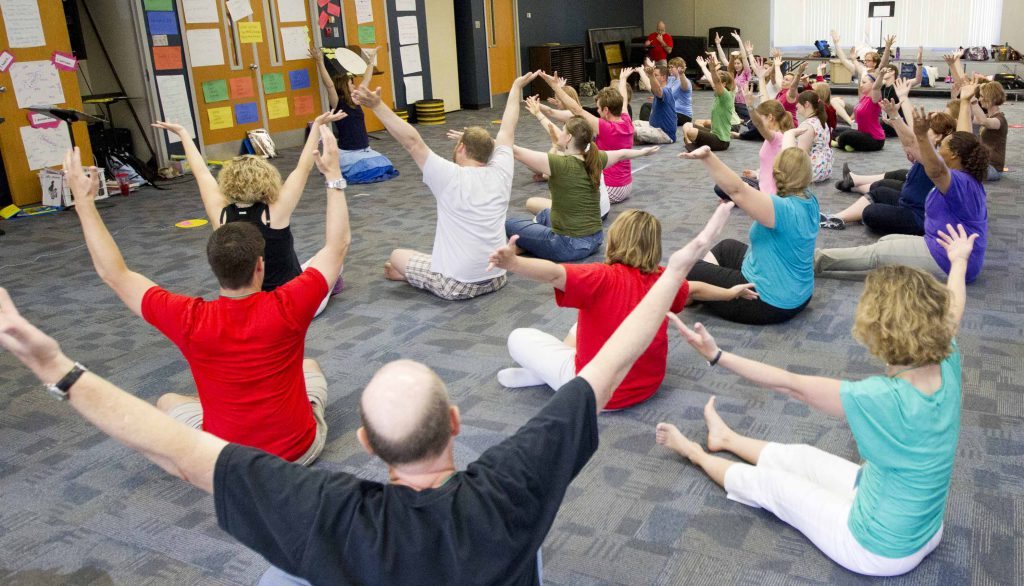
Making It Work: Orff Level I
Title Photo Credit: Jennifer Mishra, University of Missouri – St Louis
Girls and boys come out to play,
The sun is shining bright as day.
The birds are back, the air is warm,
Oh, come let us sing a happy song.
–Adapted from a traditional rhyme by E. Larson
As spring arrives, our thoughts turn toward beautiful flowers, new buds on trees, long walks in the warm sun, and picnics on grassy meadows. Professionally, we may be preparing for a spring concert, evaluating the progress of our students during the past year, or thinking about what we might do as teachers to facilitate even greater growth next year. Now is the time to plan for your own professional education this summer. Have you considered furthering your education in Orff by taking Level I?
Perhaps you are a beginning teacher or you’ve gone to a few chapter workshops and you’re just not sure that you want to invest the time, money, and energy in taking Level I. Maybe you’re apprehensive about the expectations of a two-week course. Here are some practical tips about what to expect and how you might prepare.
The first question to ask your self is, “Where should I go?” Consult the American Orff-Schulwerk Association (AOSA) website, www.aosa.org. There you will find a list of courses that are approved by AOSA. Approved courses are expected to have instructors who are on the AOSA approved list and must follow curriculum guidelines. Courses must also have a minimum number of 60 contact hours over a ten-day period. If you have been an AOSA member for at least one year, you should check the AOSA website for scholarship opportunities. Many local chapters and levels courses also offer scholarships to help defray the costs.
Each day will have at least three hours of basic/pedagogy instruction, 60 minutes of recorder, and 75 minutes of movement instruction. All Level I courses have at least two instructors; in many courses, one teaches basic and the other might teach recorder and movement, although this is not always the case. Larger courses have a separate instructor for movement and recorder. Time is also set aside for “special topics” for example, folk dance, drama, choral etc. If the course has more than one level, these special topics sessions are often held together with the participants from all three levels. Orff is very hands-on and participatory attendance is paramount. Be sure to clear your calendar so that you can attend all classes. It’s also a good idea to clear your evening and weekend calendar for those two weeks, as you will have some homework and you may need to recharge after an intense day of coursework.
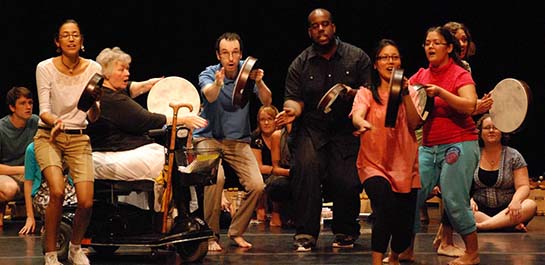
During basic/pedagogy instruction time, you will experience, explore, and discuss all of the media used in the Schulwerk: song, speech, body percussion, instruments, and movement. You will also learn basic concepts used in the Schulwerk: rhythmic notation related to speech, ostinato, complementary rhythm, pentatonic theory, drone, and how to write simple arrangements in the style. Recorder class will include technique, recorder literature and model lessons for children. Movement will include creative dance as well as patterned dance like folk dances. The learning process of exploration, imitation, and improvisation will permeate your entire day.
Level I instructors understand first day nervous jitters and will go out of their way to make you feel comfortable. Try to relax and just jump in and participate. Resist the temptation to compare yourself to others. The participants will have various strengths and backgrounds. Some will have honed their skills on wind instruments and find recorder easy. Others will have taken lots of dance class and feel very comfortable in movement. Someone else might have an extensive background in percussion. There will be beginning as well as experienced teachers. Think of yourselves as a community of learners. What matters is that each person is making progress on the skills and concepts through their effort, practice, and participation. Much of Orff Schulwerk takes place in a social context so get used to working in pairs, small and large groups.
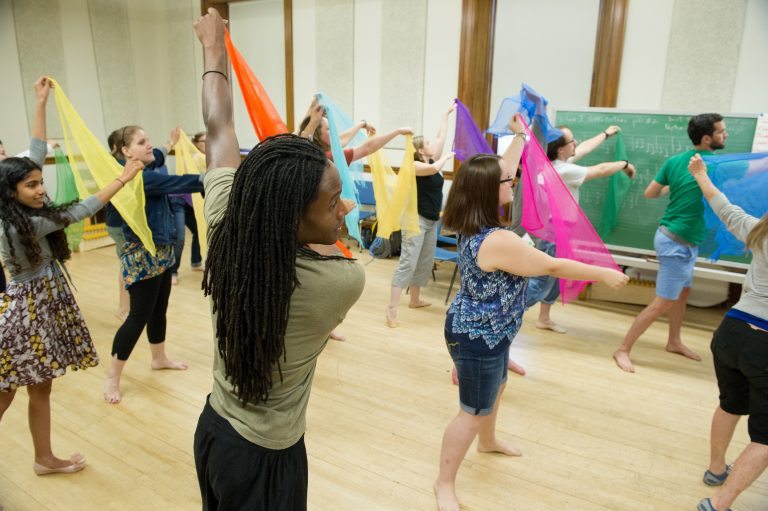
Orff Schulwerk is holistic rather than linear like a methodology. This can be confusing at first so just hang in there. The instructor will try to take the components apart and put them back together to help you understand how they fit together. Mentally prepare to wear three hats from the beginning: 1) Artist: improving your musicianship, 2) Collector: collecting many new materials to use with your students and 3) Teacher: Observing how the instructor presents the material, that is, the process. Process is important in all of the Schulwerk. Much of the material will be presented to you in the same manner as it might be presented to children. The instructor is intentionally modeling process so that eventually it becomes second nature for you. The instructors will provide detailed notes of the material presented. I highly recommend going over your notes each night. Pencil in observations and questions. This will help you immeasurably when you get back to your classroom and wonder, “How did that go again?”
Most instructors require some homework in order to reinforce the concepts that are presented during the day. Assignments can include reading articles, journaling, and written assignments such as the rhythmic notation of speech and the arranging of melodies in the style. The instructor will model all of the assignments carefully and usually give you a chance to rework assignments if you didn’t get it quite right the first time. The goal is for you to understand the concepts and be successful.
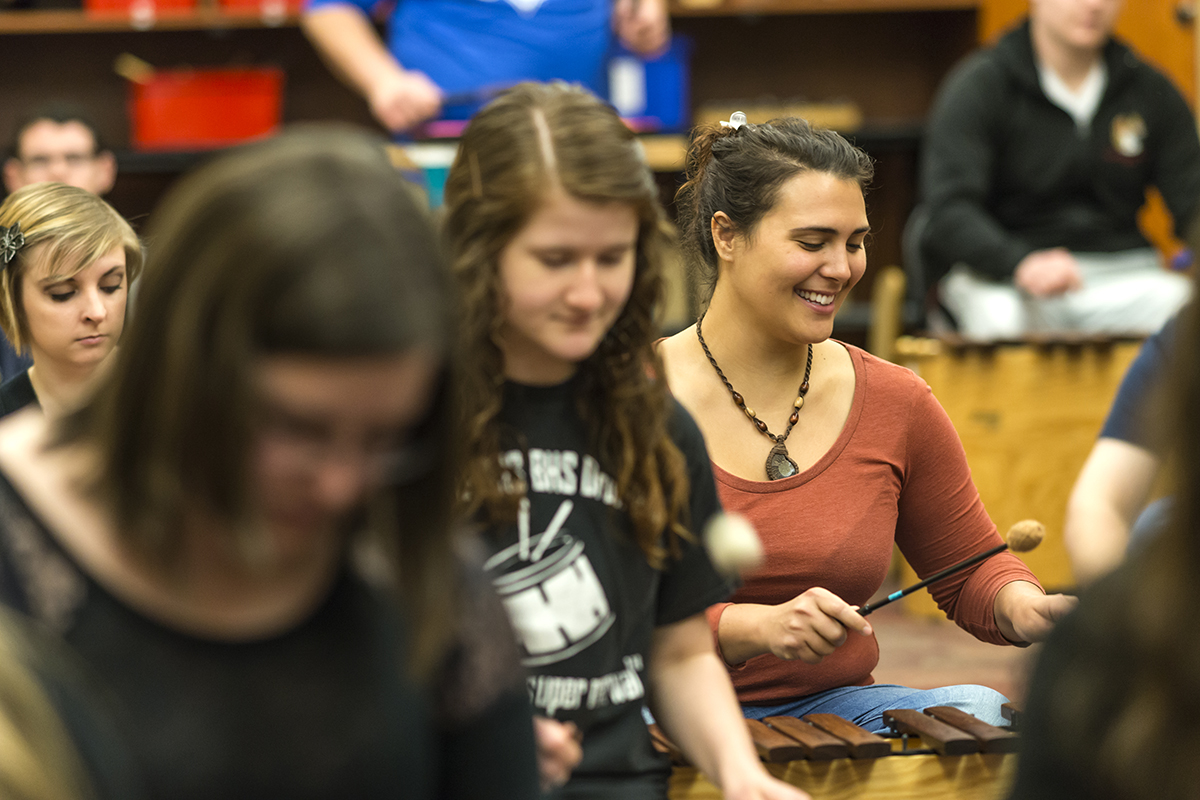
Some preparation before Level I will enhance your experience. Be sure you are well rested and healthy. Plan to wear comfortable clothing and stay hydrated. You might want to do a few simple stretches before the course starts. Be prepared to move every day and dress accordingly. Some people like to bring a change of clothes for movement but that is not necessary. Depending on the course, taking off shoes is either required or strongly recommended. Be sure to communicate any physical limitations or injuries to your instructors, especially the movement instructor, so that they are aware and can work with you to get the most out of the experience. Do not worry if you have not had any experience in movement! You will be fine; each person will show his or her own growth from start to finish and that’s what counts. Likewise, don’t panic if you’re not an accomplished recorder player. Just come prepared to learn and practice. It will help reduce stress if you get a beginning methods book and soprano recorder and start to practice. Learning the fingerings for the notes is often the hardest part. Just follow the order of notes in the book for now; try to learn all the notes in the lower register, C4 to D5, plus B flat and F #. You will add the higher register within the span of the two-week course. Don’t worry about the type of recorder and book right now. Recorder teachers usually have a preference about this and that information will be sent to you.
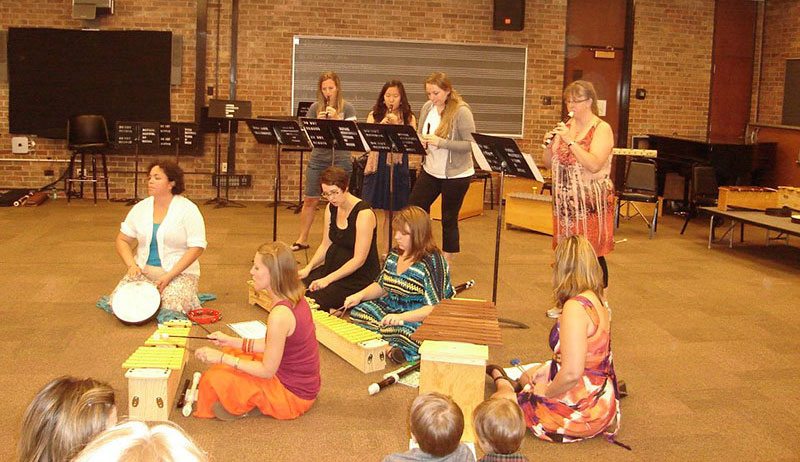
Most courses send out a materials list before the course begins. I am going to recommend a few titles you may need and will find helpful. Consider purchasing the Margaret Murray edition of Music for Children, Volume I. Don’t worry if it looks confusing; you will be learning how to use this wonderful book in Level I. Try practicing some of the body percussion examples on pp. 60-61. Read some basic articles about Orff Schulwerk. Look at the AOSA website for both articles and some short videos. It is handy to have a book of nursery rhymes and a basic poem anthology for children or a reliable source to find quality examples online. Brush up on your music theory skills, particularly rhythmic notation and avoiding parallel 5ths and octaves. Bring staff paper, pencils and a three-ring notebook. You might also consider experimenting with a music notation software or cloud–based application for your computer. If you are driving to your course you may wish to bring a printer along for convenience. This may make homework assignments easier and will provide a chance to get used to creating simple arrangements for your students.
If you are traveling to your course and staying in provided housing research what will be included in your accommodations. Some “creature comfort” items that have been recommended are favorite pillows and blankets, slippers, towels (body, hand and dish) a small fan, white noise app or ear plugs, a device to watch Netflix and favorite books to read. If there will be a kitchen area a few small pots to cook in, a coffee pot, a portable coffee mug and water bottle, lunch box, favorite snacks, paper plates, a small bowl, plastic silver ware, a paring knife, spray cleaner, tissues, dish and laundry soap. Anything that will make you feel comfortable and at home in a dorm setting.
Finally, bring your energy and an open mind. Get ready to grow personally, artistically and professionally. Many participants find their Orff Levels to be memorable as well as life changing. I sincerely hope that you will decide to embark on this professional journey. Please leave your questions in the comments below.
Interested in finding an AOSA approved course? Click here to visit their website and to learn more!
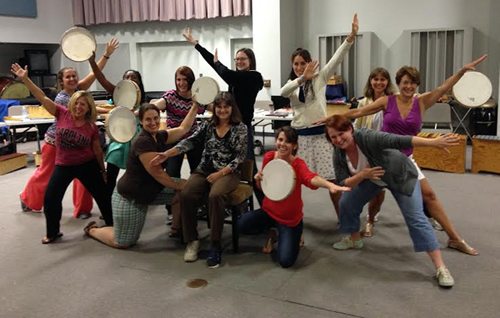
See all posts by Elaine Larson
3 Comments
Leave a Comment
Sign up for latest Orff Tips, Lesson Plans and Advocacy Tools
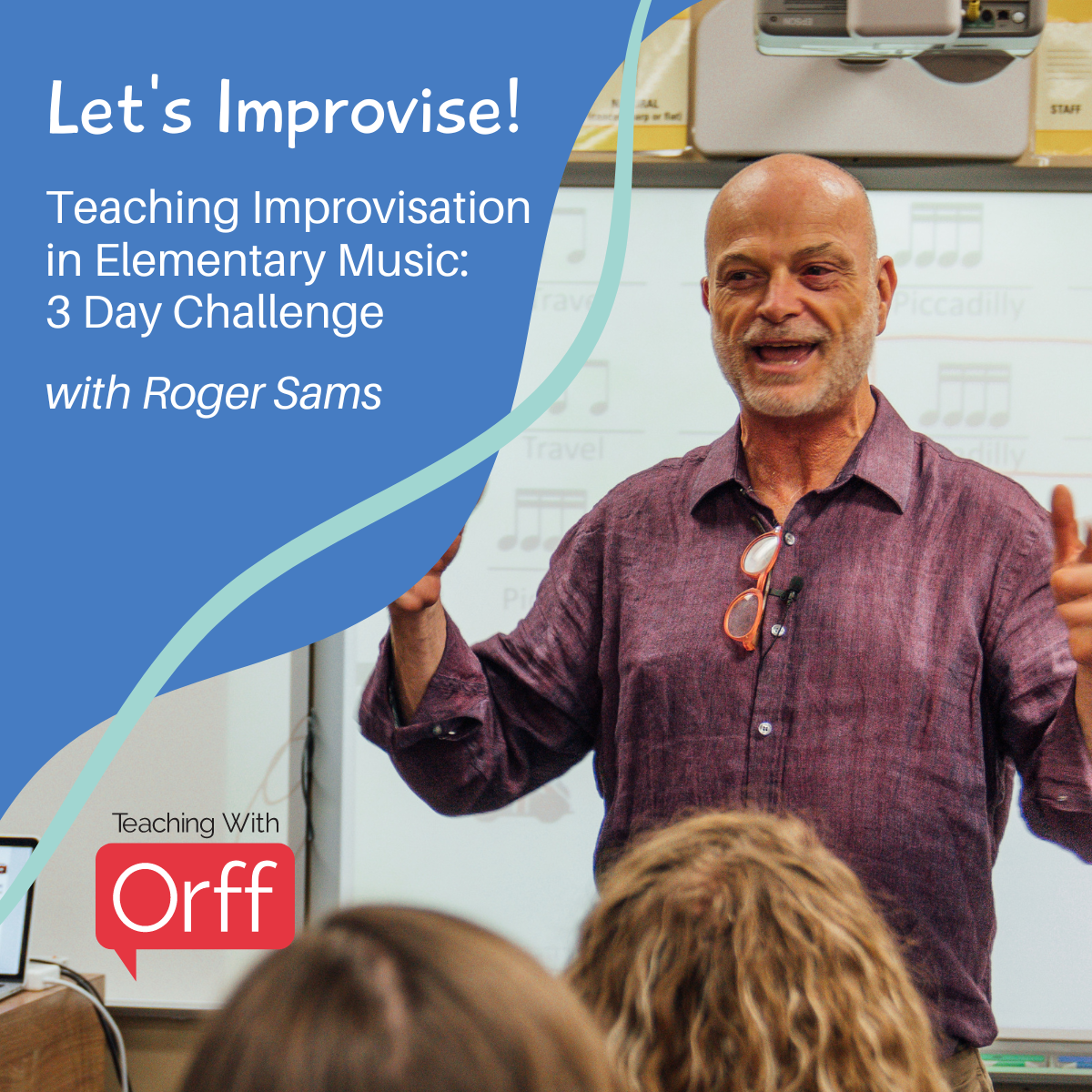
Empower your students to create their own music in this free 3-day challenge with Roger Sams. (Lessons delivered via email)

Learn about the legendary factory that started it all and why so many teachers like you love our instruments.
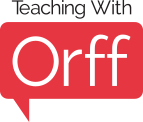
I am wondering if it is known when a list summer Orff courses will be available to the public? Everything I’m finding in my area is already over. Thanks!
Hi Kellie! AOSA updated their 2017 Teacher Education Course List just a few days ago. You can find that here: http://aosa.org/professional-development/teacher-education-courses-summary/
I have completed Orff Level 1 in the 90s at what is now Missouri State University and have lost my ‘Don’t Let the Wind’ score. Is there any way that I could get it outside of paying $54 for a whole book? I have the rest of my Level 1 songs, but this one has gone missing when I moved my classroom around. Please can someone help me?
Thank you!
Wendi Meredith